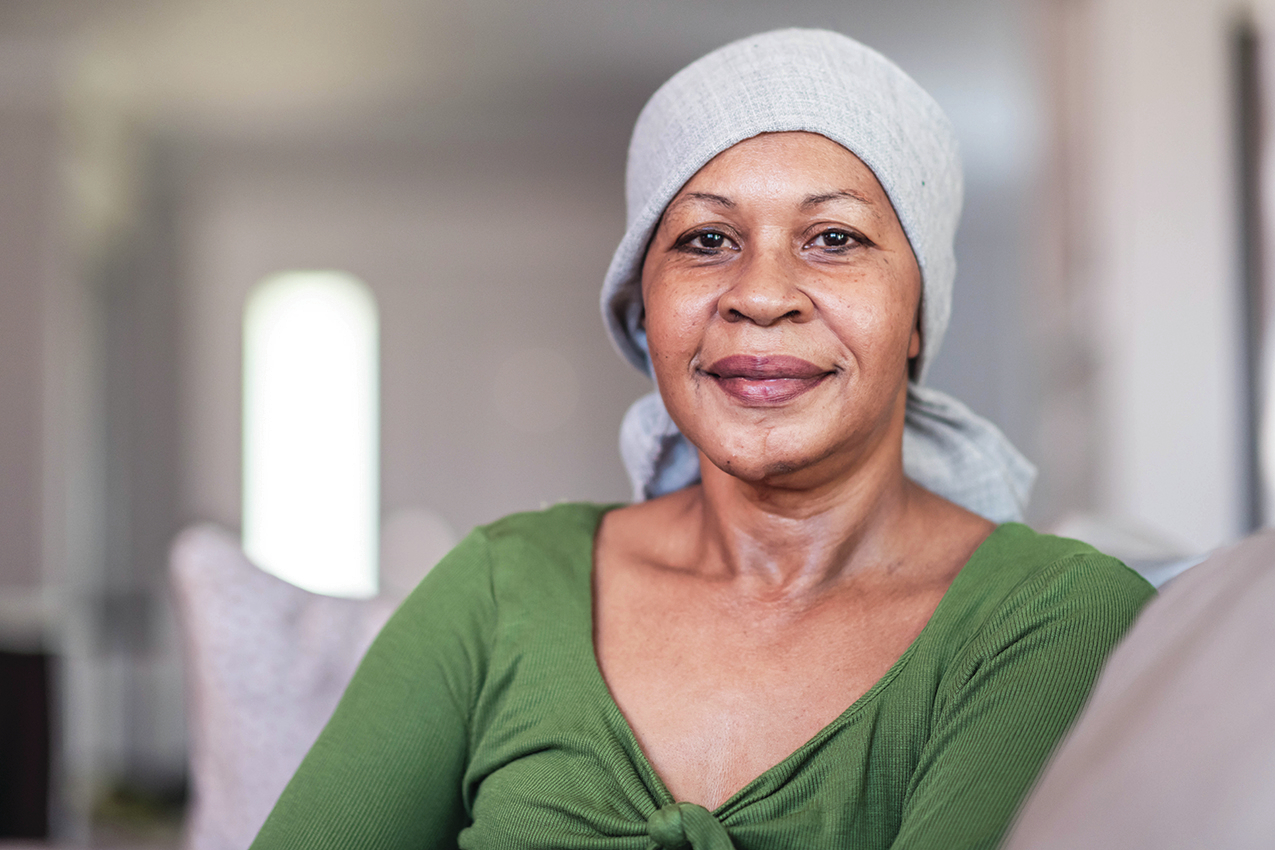Adults have an issue with stress. According to a survey from the American Psychological Association released in December 2022, more than one in four Americans indicated they expected to experience more stress at the start of 2023 than they had at the start of 2022. And it's not just Americans feeling the sting of stress, as the American Institute of Stress indicates 35% of individuals across 143 countries feel stressed out.
Stress is not always a bad thing. Roughly a decade ago, researchers at the University of California, Berkeley, discovered that acute stress in rats caused the stem cells in their brain to grow rapidly into new nerve cells that ultimately improved the animals' mental performance. However, chronic stress, which the APA characterizes as constant and persistent stress over an extended period of time, can have a profoundly negative effect on overall health. And that negative effect includes a link to cancer, especially for survivors of the disease.
A 2020 study from researchers at The Wistar Institute Cancer Center in Philadelphia found that a stress hormone triggered a reaction in immune cells that awakened dormant cancer cells. Those cells eventually formed into tumors.
When discussing the link between stress and cancer, it's important to note that many studies, including the one conducted by researchers at the Wistar Institute, have shown that stress and cancer can cause the disease to grow and spread in mice. The National Cancer Institute notes that studies have not identified a clear link between stress and cancer outcomes in humans. But researchers urge patience, noting that the Wistar Institute study is a significant step forward in studying the potential link between stress and cancer in humans. Further study in the coming years could very well identify a similar link in humans as the one already discovered in mice.
In the meantime, individuals are urged to take stress seriously and not simply accept it as a mere fact of 21st century life. And that's especially important for individuals who have been diagnosed with cancer, including those who are in treatment and others who have successfully finished their treatment. According to City of Hope, one of just 52 NCI-designated comprehensive cancer centers in the United States, talking to others and relying on loved ones when receiving treatment; speaking with someone in a neutral position, such as a therapist; and exercising regularly are some of the ways to overcome chronic stress. City of Hope also notes the stress-reducing benefits of wellness practices such as meditation and yoga in regard to combatting stress.
Chronic stress can have a lasting and negative impact on overall health. Though the link between chronic stress and cancer requires more study before researchers can reach a conclusion about such a connection, individuals are urged to embrace the many ways they can reduce chronic stress with a goal of living healthier, happier and, hopefully, cancer-free lives.
The relationship between race, ethnicity and cancer
Many variables affect a person's risk for developing cancer. Lifestyle choices like the foods a person eats and how much that person exercises can go a long way toward reducing cancer risk. However, certain risk factors for cancer, including race and ethnicity, are beyond individuals' control.
The relationship between race and ethnicity and cancer risk is complex. Though genetics are a significant factor in that relationship, socioeconomc factors, which are not uniformly applicable to all individuals of a certain race or ethnicity, also figure into the equation. For example, the MD Anderson Cancer Center notes that education and income level, access to health insurance, and access to routine medical screening and services can affect an individual's cancer risk. So while the risk for lung cancer may be especially high among African American males without access to routine medical screening and services, it is not necessarily as high for African American males who have access to such services.
Cultural factors also must be considered when discussing the potential link between race and ethnicity and cancer risk. The MDACC notes that cultural factors can involve practices and beliefs that are prevalent within certain communities. Those beliefs and practices, which can include eating certain foods, may increase or decrease a person's risk for certain cancers. But again, simply because a person identifies with a certain race or ethnicity does not mean that individual adheres to all of the cultural practices associated with those communities. Individuals who do adhere to practices, such as consuming a diet that includes lots of ethnic foods, may want to speak with their physicians about the potential that such a diet, and other cultural practices, could increase their cancer risk.
The complicated relationship between race and ethnicity and cancer risk makes it difficult to say individuals of certain racial and ethnic backgrounds are definitively at higher risk of developing certain forms of the disease. However, the National Cancer Institute and the American Cancer Society report that incidence rates for the three most common types of cancer (lung, prostate and breast) are highest among certain ethnic groups.
Lung cancer: Both the incidence and death rates for lung cancer are highest among African American males.
Prostate cancer: Prostate cancer death and incidence rates are highest among African American males.
Breast cancer: Incidence rates for breast cancer are highest among White, non-Hispanic women. The death rate for breast cancer is highest among African American women.
Recognition of the relationship between race and ethnicity and cancer risk is important. Individuals with questions about their risk are urged to speak with their physicians.

